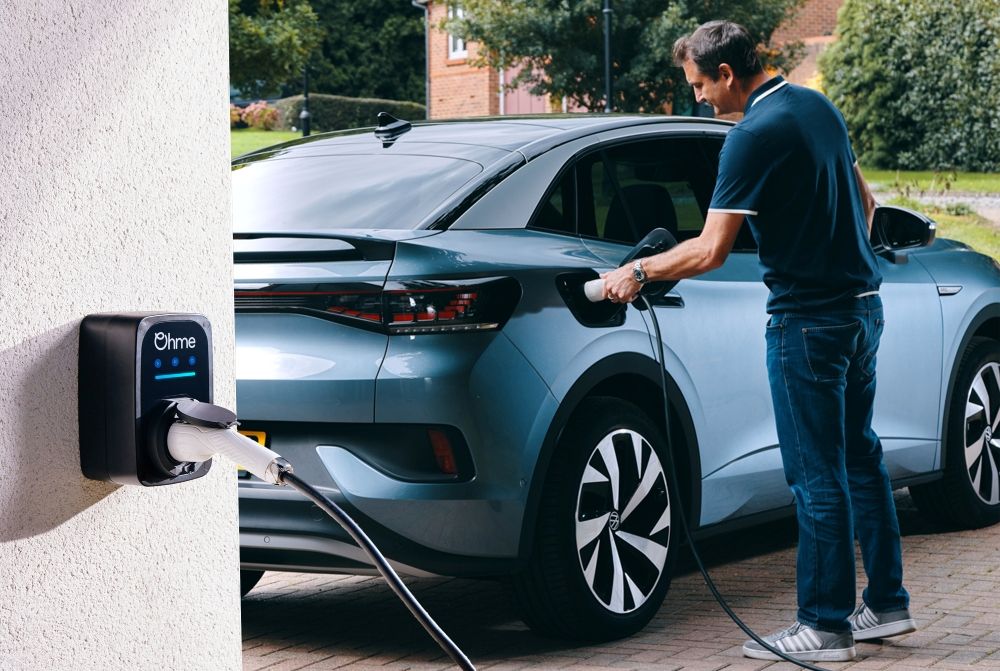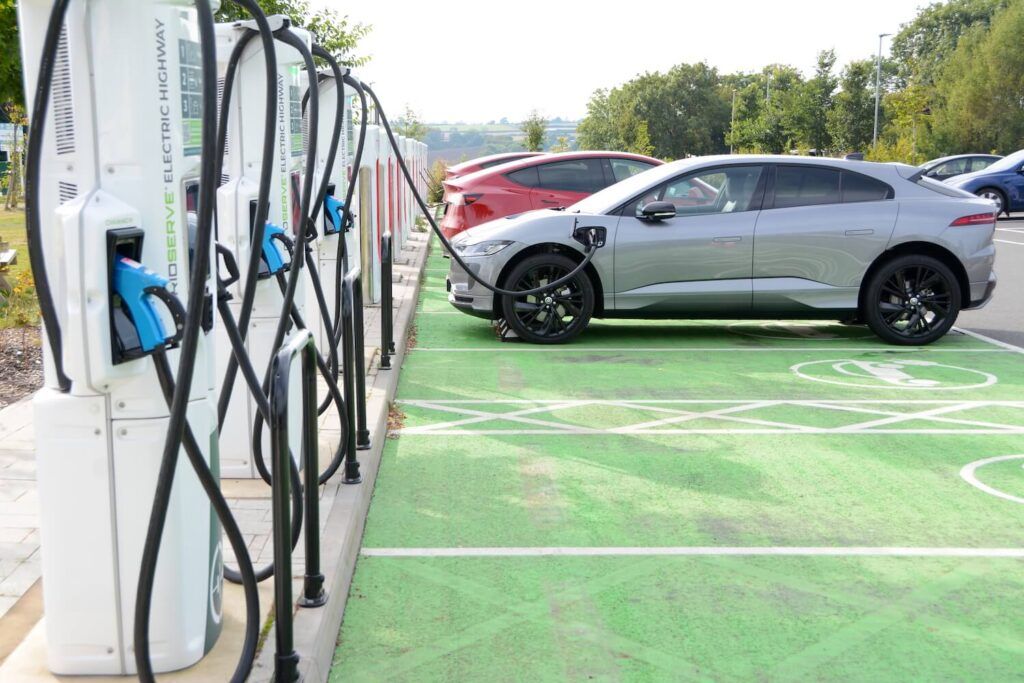A study carried out by Geotab has found that almost four-in-ten fleet vehicles in the UK could switch to electric and save money over the course of the vehicle’s life.
Analysing data from more than 3,400 vehicles[1] operating in the UK across all industries, the research offers valuable data for organisations seeking to determine electric vehicle (EV) suitability for their fleet.
The study found that based on total cost of ownership, which factors in vehicle maintenance as well as the lower price of electricity in comparison to fuel, 39% of fleet vehicles would save money for businesses over an average eight year service life if they switched to electric today. It was also found that 35% of vehicles were range capable, meaning that a replacement EV could travel the same route as a petrol or diesel powered engine vehicle, without requiring a daily charge.
In addition, the study highlighted how subsidies and incentives play a crucial role in EV adoption. It found that:
- When evaluating the total cost of ownership of a passenger car, EVs were more cost effective in 70% of cases if applying the £2,500 UK government grant.
- If government grants are removed, then the cost effectiveness for passenger cars falls to 53%.
- Similarly, with the £2,500 grant applied, it makes economic sense for 100% of SUVs to transition to electric.
While such purchase incentives may not last, they remain a vital tool in tipping the balance on the EV economic equation for businesses.
With the UK and Irish governments’ ban on the sale of new petrol and diesel passenger vehicles by 2030 approaching, both the public and private sectors are setting ambitious targets for fleet electrification. However, EVs pose new challenges, from charging range and infrastructure considerations, to total ownership cost calculations.
To aid in this decision making process, Geotab has launched an updated version of its Electric Vehicle Suitability Assessment Tool (EVSA), offering in-depth data analysis for a wider range of EV makes and models to help businesses transition fleets towards greener, electric energy, in support of the fight against climate change. The EVSA offers EV adoption recommendations by matching existing fleet telematics data to real-world EV performance data. Geotab’s EVSA analyses a fleet’s telematics data over a period of as little as three weeks to 12 months, and creates an electrification recommendation based on each vehicle’s distinctive driving patterns.
David Savage, Vice President, UK & Ireland at Geotab, said: “We’re fast approaching the deadline for the ban of new petrol and diesel car sales as efforts to decarbonise the transport industry accelerate. Geotab’s EVSA tool leverages rich data to provide a clear and easy process for fleet electrification, factoring in crucial considerations such as charging range and costs throughout the vehicle’s lifecycle. Our tool provides evidence not only for the feasibility of EVs, but also shows how organisations will actually save money by going electric. Starting with commercial fleets, the electrification process must be an essential component of our collective strategy to address climate change.”
*About the research:
Powered by Geotab’s Electric Vehicle Suitability Assessment tool (EVSA) using anonymised and aggregated data sets, the study analysed more than 3,400 vehicles operating in the UK across 51 customers and within 14 industries to determine their EV suitability today. Vehicle data was captured between March 2019 to February 2020, and analysed by Geotab’s EV Strategy division, taking into account factors including: daily vehicle usage; range performance of current EV models; operating temperature; fuel consumption; electricity costs; and maintenance costs.
Image: Shutterstock











